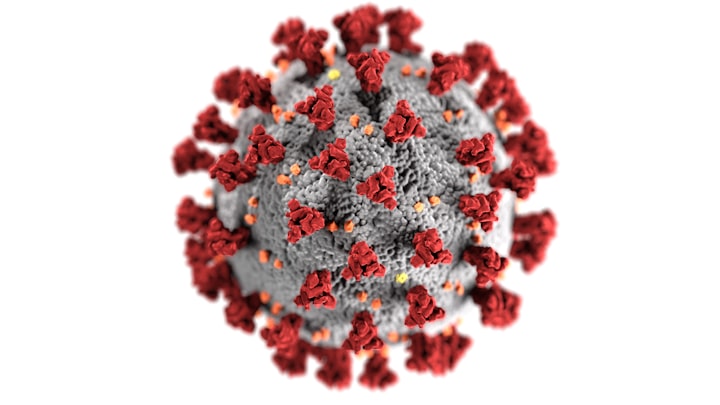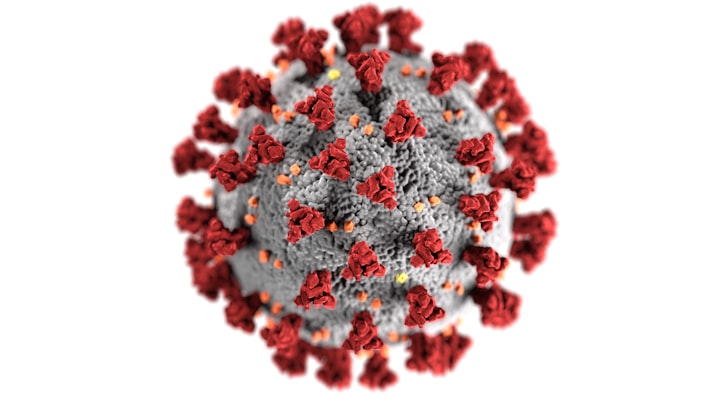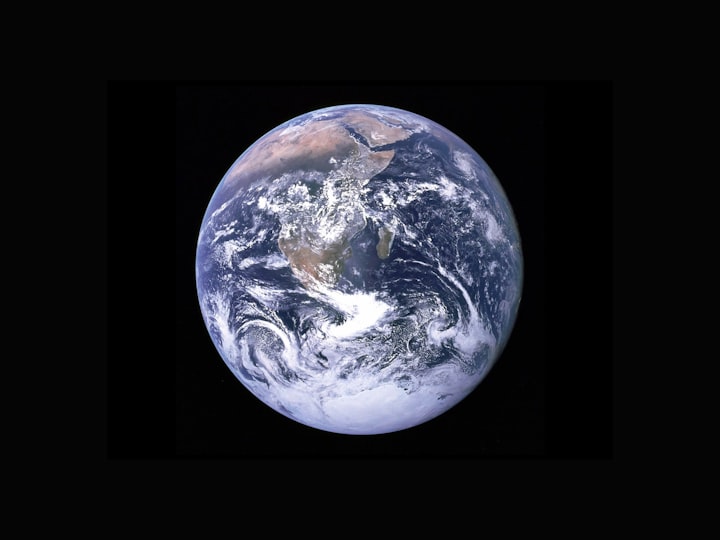South African researchers are looking to track the alarming increase in SARS-CoV-2 coronavirus causing COVID-19. New strains of coronavirus have been in the news since scientists reported B.1.1.7, a variant of SARS-CoV-2 that began to attract scientists to England in December, and that it has become more widespread than ever. . germs. Coronavirus strains, first discovered in South Africa, have now spread to several other countries, including Israel and Belgium, causing a wave of travel restrictions in Europe, Asia, and North America.
Public health experts say the new variant, called Omicron, has an astonishing number of genetic mutations that can make it more contagious or prone to serious illness than Delta's diversity. Omicron also contains a number of unresolved mutations found in other species of stressors, including Delta and Alpha, which can spread it, make vaccines ineffective, or lead to more serious diseases. Significantly, these strains have a number of changes already known to help the virus break out of the immune system, help fight the immune system, and prevent further invasion of the immune system.
You know, scientists have to draw blood from vaccinated people, and then see how their immune system opposes this choice. Although scientists say they have reason to be concerned about this choice, they point out that there is still much we do not know, including whether this method is contagious, will cause serious illness, or is even possible. Be your result. Differences based on policy implementation.
Only 10 cases in three countries have confirmed genomic sequence, but this option has raised serious concerns among other researchers, as many mutations could help prevent the virus from becoming infected. Earlier this week, South African economists said that unlike the unusually high number of genetic mutations, more than 30 are in a special protein, a structure used by the virus to attack invading cells. Scientists fear that these changes may make the difference between birth defects and immune system disorders.
Fauci told CNN on Friday that scientists were working to determine if the option could be absurd, saying his modification could help identify or predict whether it would happen. Experts are concerned that the number of people infected with Covid-19 in Gauteng, South Africa has increased dramatically, and the virus has been detected for the first time, which could mean that it has a higher chance of eradicating it. than others. different. The WHO reports that the number of such cases appears to be growing in almost every province of South Africa. A few days after the new identification, the governments of Belgium, Hong Kong, and Israel have identified new cases. Solitary confinement. Camera.
As concerns over rising options increase, many countries, including the United States, have introduced new travel restrictions. It is not clear where this new species came from, but South African scientists first reported it to the World Health Organization and it is now available. Among the travelers to Belgium, Botswana, Hong Kong, and Israel. Health Minister Joe Fahla said the option was linked to a "significant increase" in recent days, although experts are still working to determine if a new option called B.1.1.529 is actually the cause. Gupta said South African scientists needed time to find out if the spread of new diseases was causing a new species.
After summoning a team of experts to review the data, the United Nations health agency stated that “initial data suggest that this option has a higher risk of recurrence than alternatives.” Drs. Tom Peacock, a geneticist at Imperial College London, posted details of the new mutations on the genome-sharing website, noting that "the shocking number of spike mutations suggests that this could cause great concern." In addition, preliminary information from the United Kingdom Evidence suggests that certain types may be associated with more serious medical conditions.
Bollinger notes that some of these mutations can cause the coronavirus to spread rapidly from person to person and that many infections can lead to serious illness or death. "The very high rate of genetic mutations raises concerns about the immune system and the transmission of the immune system," de Oliveira said. The new species is the "star" of new mutations, says Tulio de Oliveira of South Africa's Genomic Surveillance Network, which tracks the spread of delta species in the country. Additional genetic modification does not make the difference too dangerous or contagious, nor does it in itself suggest that Omicron will cause more vaccination problems than other worrying options.
But scientists have only recently begun to study the Omicron threat, which includes its unknown mutations. The WHO and a network of international experts are monitoring the changes in the virus so that when important amino acid substitutes are identified, we can inform countries and the public of any changes that may be needed to address climate change and prevent its spread. Scientists are looking at possible changes, which may be more widespread or deadly, but it will take time to determine whether the new choices will affect public health.
Mutations in viruses, including the coronavirus that caused the COVID-19 epidemic, are not new and unpredictable. When genetic mutations change or change, there will be a variety of viruses. Coronaviruses appear as they spread, and many species of animals, including those with remarkable mutations, often disappear. Through this epidemic, many strains of the COVID-19 virus have been reported in the United States and around the world.
The World Health Organization on Friday identified the species, now known as Omicron, as a source of concern and said there were a number of them.






Comments
There are no comments for this story
Be the first to respond and start the conversation.